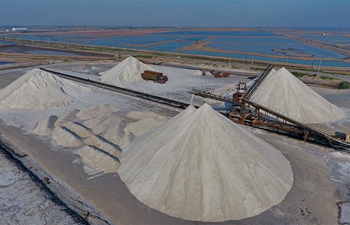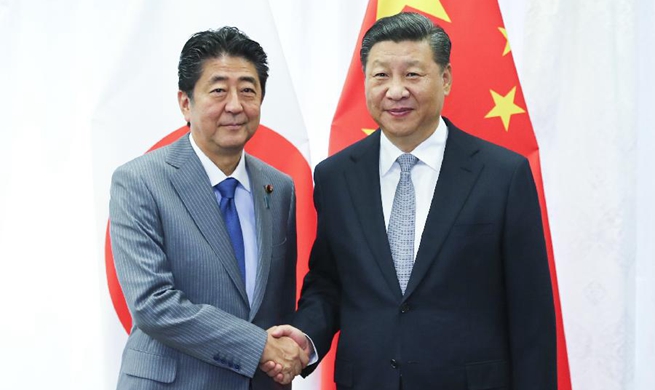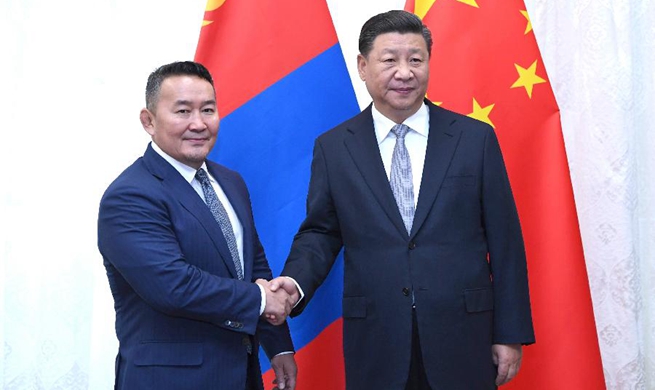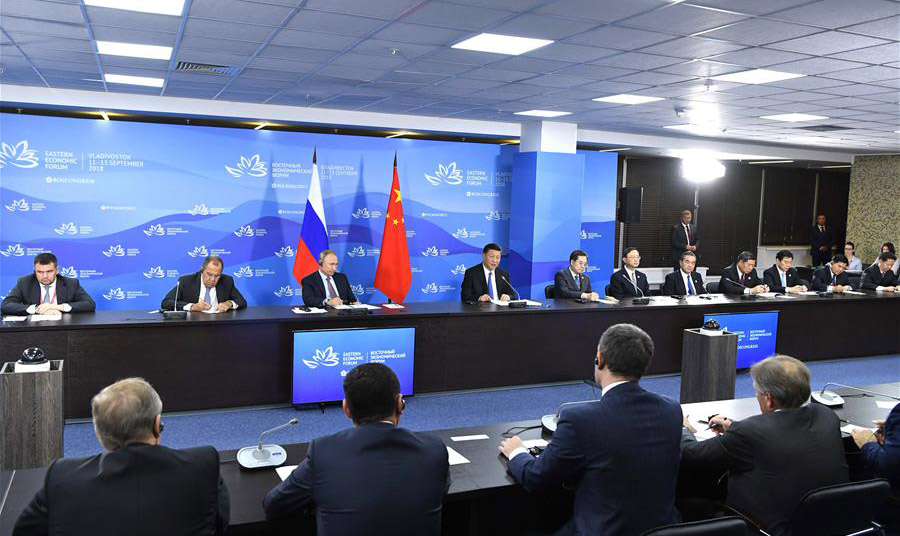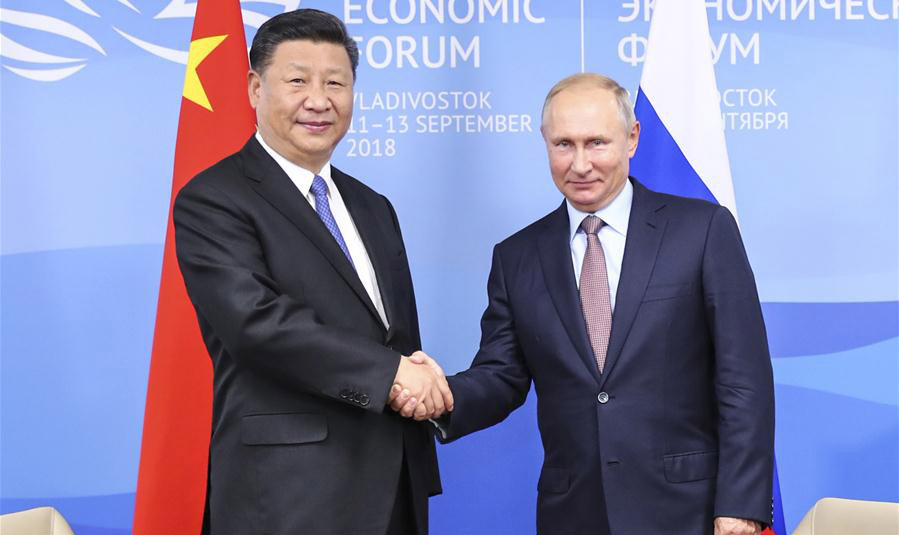HANOI, Sept. 12 (Xinhua) -- Innovations in artificial intelligence (AI) technology, coupled with its increased adoption, will have a big impact on the workforce across the ASEAN (Association of Southeast Asian Nations) over the next decade, according to a new study launched here on Wednesday by two global firms.
Cisco and Oxford Economics launched the study titled "Technology and the Future of ASEAN Jobs" in Vietnam's Hanoi city which is hosting the World Economic Forum on ASEAN.
According to the study, the more widespread adoption of existing technologies, coupled with advances in the use of AI through software, hardware, and robotics, will help bring down costs of goods and services, driving up demand and creating millions of new jobs.
The study predicts that the sectors that will see the greatest rise in demand for new workers are wholesale and retail (1.8 million new jobs), manufacturing (0.9 million), construction (0.9 million), and transport (0.7 million).
However, there will be a marked shift in the region's labor market as lower-skilled jobs are displaced. According to the study, given the productivity gains from adoption of AI-enabled technologies, ASEAN's six largest economies will require 28 million fewer workers by 2028, more than 10 percent of the current workforce, to achieve the same level of output as today.
Lower-skilled workers in the service and agriculture sectors will be the most susceptible to displacement, the latter especially as new developments, for example, in global positioning systems, telematics and smart sensors, are deployed to greater effect.
Singapore could see the biggest relative impact, with up to 21 percent of its workforce being affected. The country's strong environment for cutting edge digital transformation allows businesses to take advantage of new innovations as they become available.
Vietnam and Thailand are next in line, with 14 percent and 12 percent of jobs displaced, respectively. In these countries, many less productive, more monotonous jobs are projected to be eliminated, leaving Vietnamese and Thai workers free to pursue jobs in more fulfilling and productive sectors, according to the report.
On Wednesday, delegates to two technology-themed sessions of the World Economic Forum on ASEAN centered their discussions on opportunities and challenges posed by AI technology, and how leaders in the region can prepare for a future of further interconnectedness, automation and complexity.

